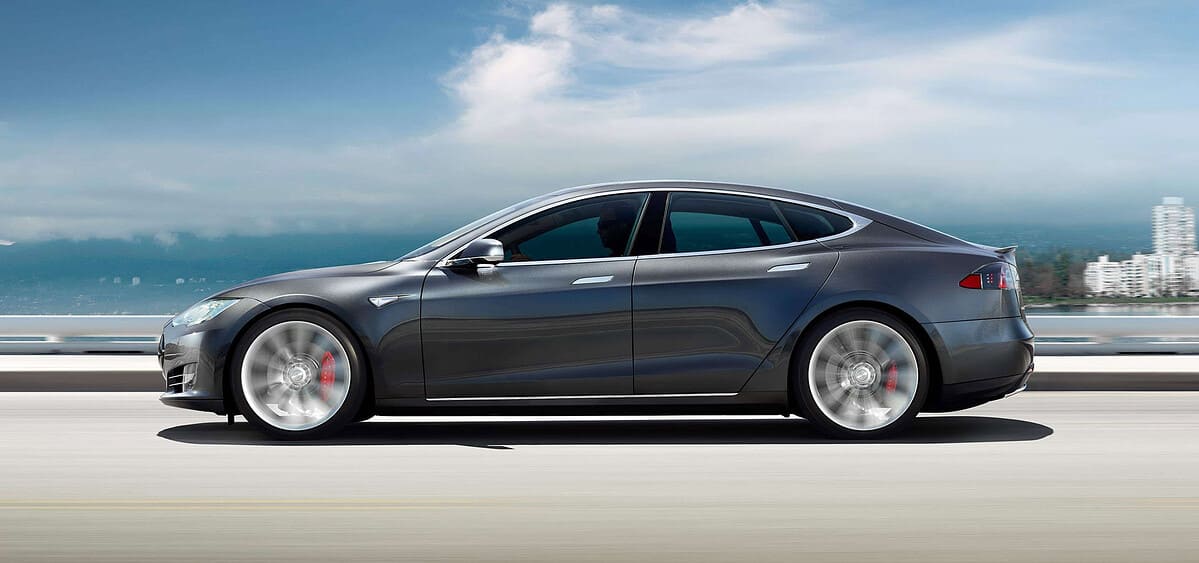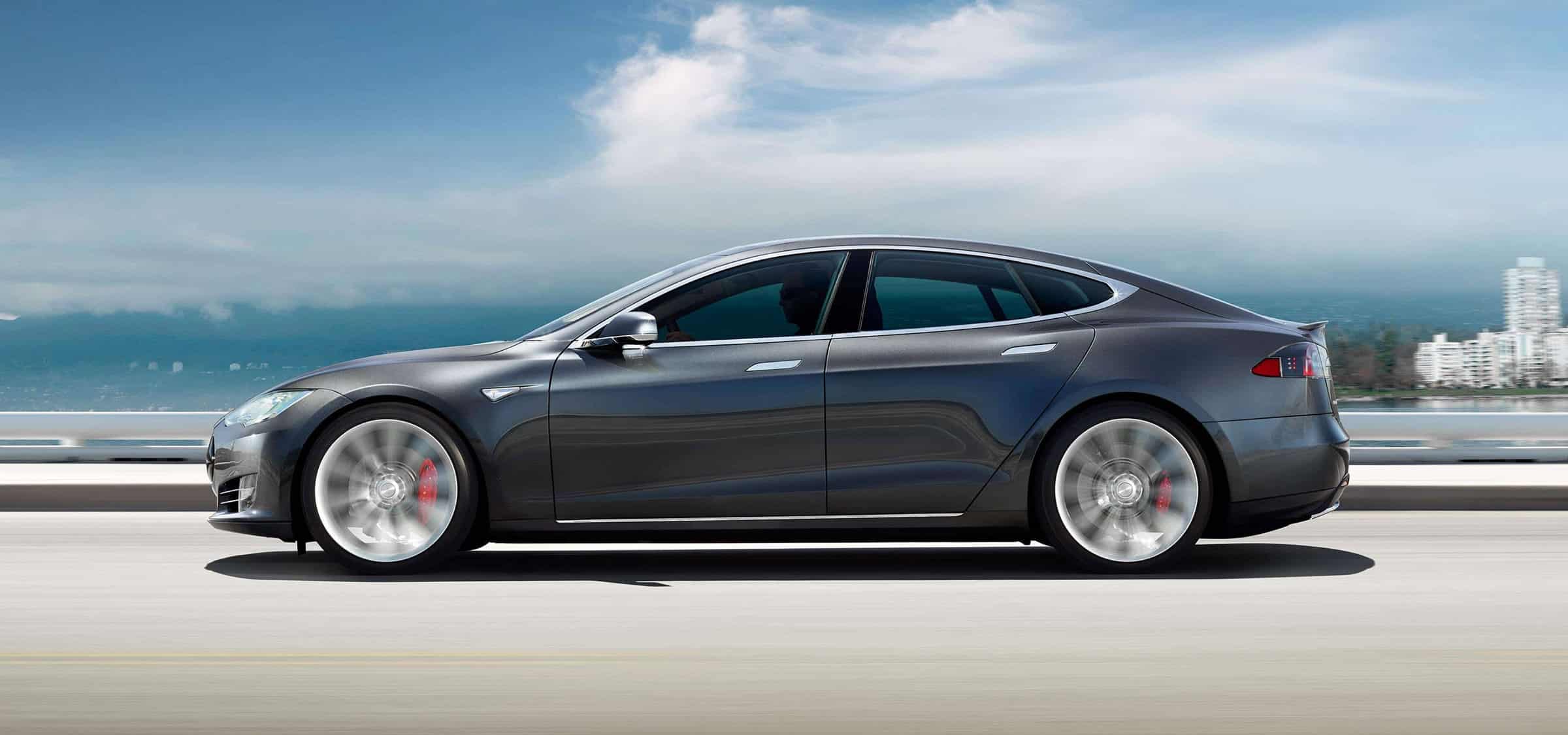Tesla denied allegations that some users experienced unintentional acceleration whilst driving its vehicles. It also laid out the systems it had in place to avoid such incidences occurring.

Tesla Makes Case Against Unintended Acceleration Claims
CNBC reported last week that an independent investor called Brian Sparks had asked the Office of Defects Investigations at the National Highway Traffic Safety Administration (NHTSA) to look into claims made by drivers. He submitted a petition including the names of 127 complainants.
In a statement released Monday, Tesla described the petition as “completely false” and claimed Mr. Sparks is a short-seller of its stock. “We investigate every single incident where the driver alleges to us that their vehicle accelerated contrary to their input,” the company insisted. It said that “in every case where we had the vehicle’s data, we confirmed that the car operated as designed.”
The Tesla statement went on to say:
While accidents caused by a mistaken press of the accelerator pedal have been alleged for nearly every make/model of vehicle on the road, the accelerator pedals in Model S, X and 3 vehicles have two independent position sensors, and if there is any error, the system defaults to cut off motor torque.
Systems in Place to Protect Drivers
Tesla also aimed to outline how it tries to avoid such incidents. “Applying the brake pedal simultaneously with the accelerator pedal will override the accelerator pedal input and cut off motor torque,” it said. “Regardless of the torque, sustained braking will stop the car.”
Furthermore, Tesla explained:
we also use the Autopilot sensor suite to help distinguish potential pedal misapplications and cut torque to mitigate or prevent accidents when we’re confident the driver’s input was unintentional. Each system is independent and records data, so we can examine exactly what happened.
The allegations could relate to 500,000 Tesla vehicles, the NHTSA said. It will decide shortly whether it wants to open a formal investigation into the issue. The organization does ultimately have the right to instigate vehicle recalls.
